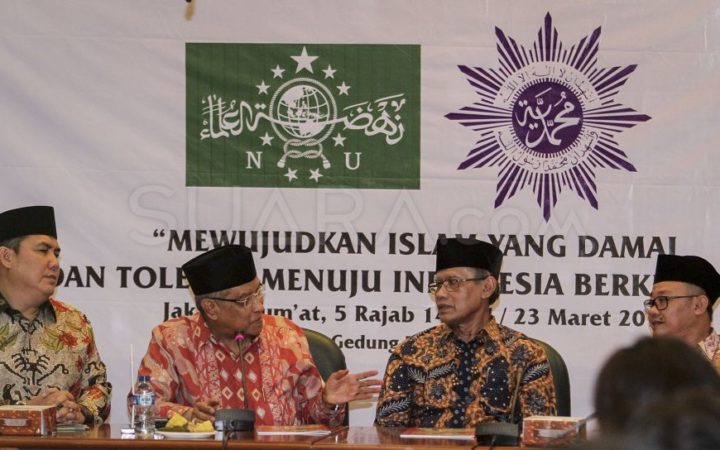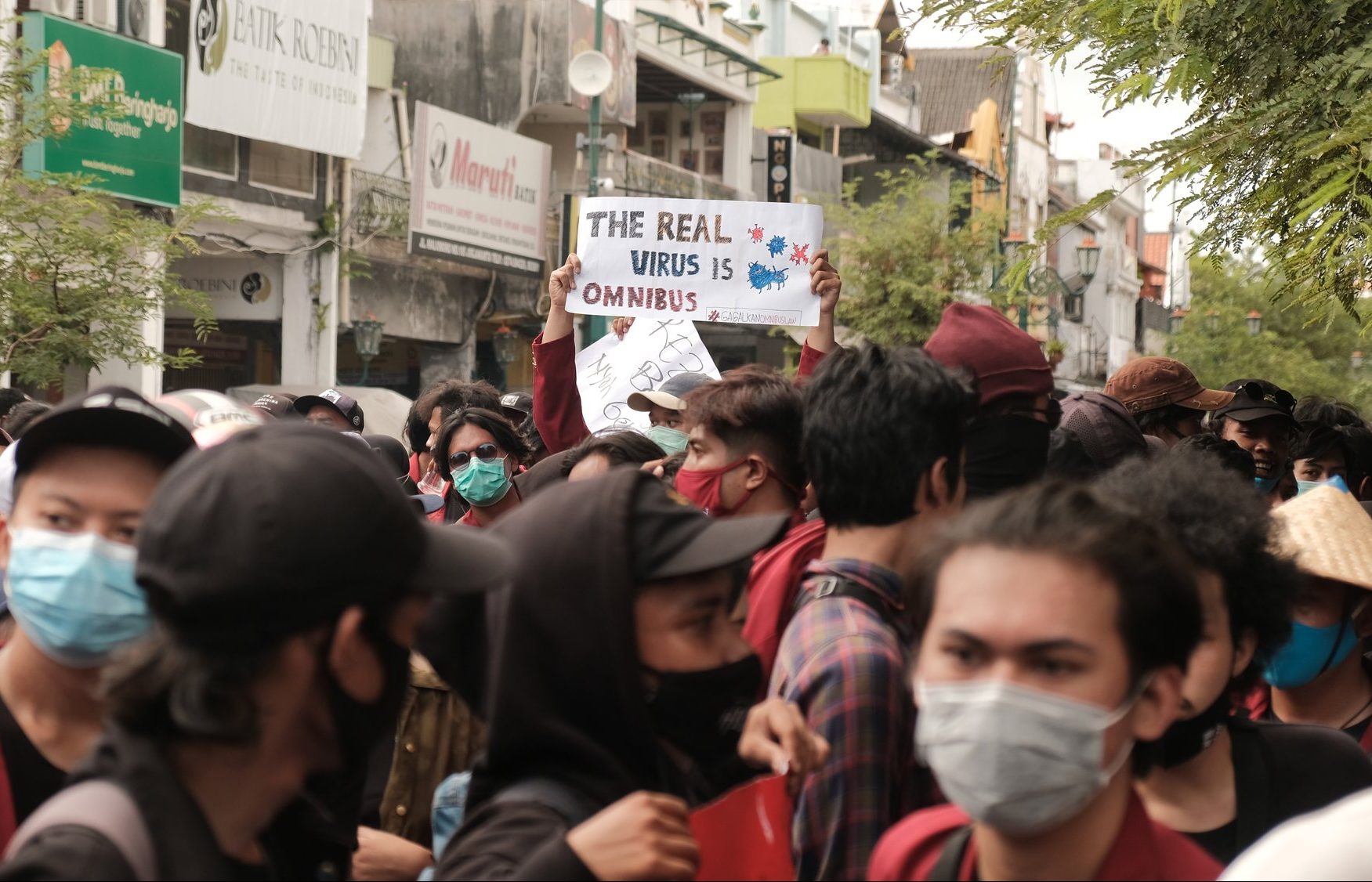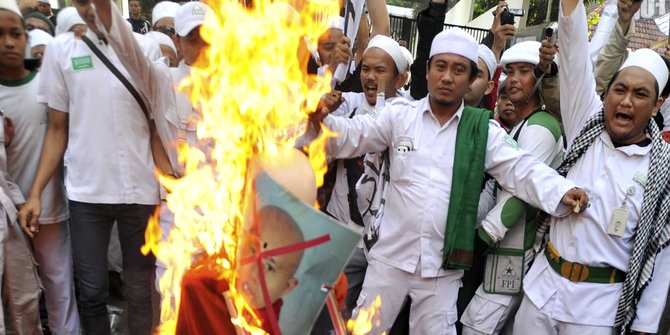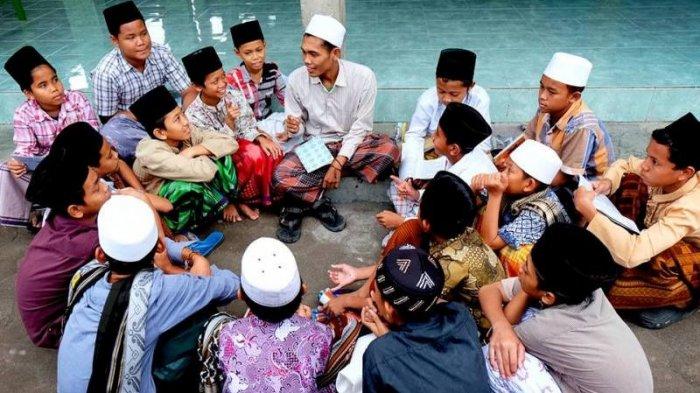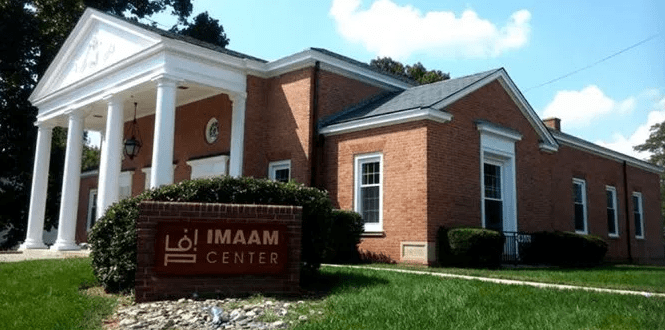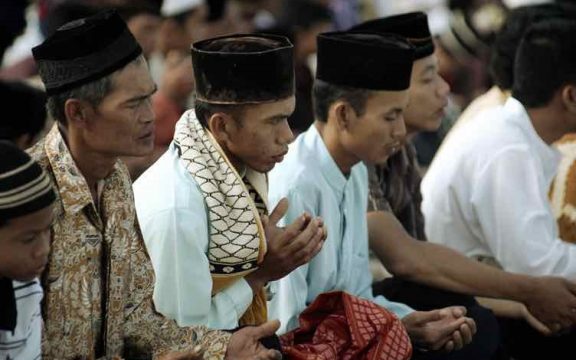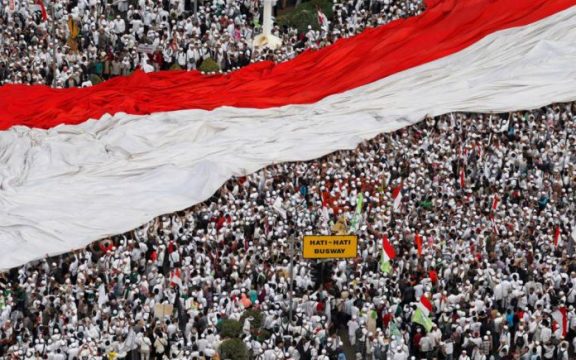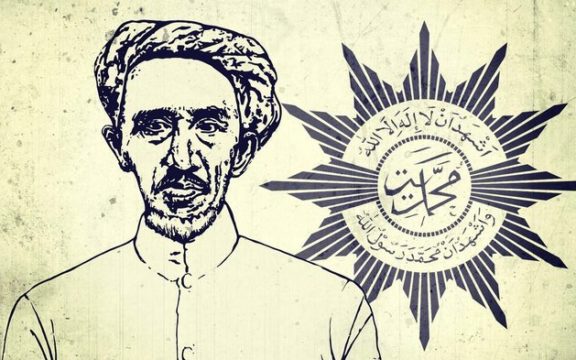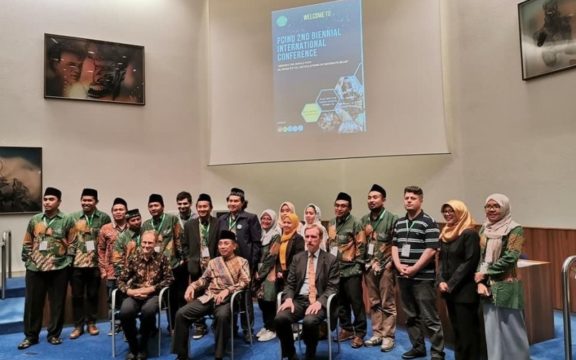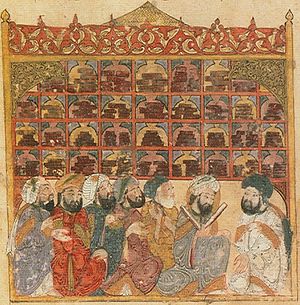Nahdlatul Ulama and Muhammadiyah gained wide supports for the Nobel Peace Prize nomination. The supports have increased among renowned scholars and institutions in Indonesia, and are growing among international agencies.
Recently, a seminar titled Challenging Islamic Extremism in Indonesia hosted by the Embassy of Republic of Indonesia in Oslo and the Peace Research Institute Oslo (PRIO) on Thursday, June 20.
The seminar hosted many renowned scholars, ambassadors and government officials. Representatives from Indonesian organizations attended such as Yenny Wahid from Wahid Institute, Marsyudi Syuhud, the chairman of executive board of NU and Abdul Mu’ti, secretary general of Muhammadiyah.
Earlier, in January, Universitas Gadjah mada will officially nominate both groups for the Nobel Peace Prize in a seminar titled ”Indonesian Islam in Global Stage: Peace Inspiration of Nusantara for the World” on January 25.
Panut Mulyono, the rector of Universitas Gadjah Mada said that NU and Muhammadiyah have contributed in peace building in national and international level.
“UGM will oficially nominate NU and Muhammadiyah. Both groups are contributing in peace building in Indonesia and the world.” He added.
The role of NU and Muhammadiyah has proven throughout history. Both groups established before independence of Indonesia and thus played a major role in country’s independence and nation building. The face of Indonesian Islam has always been in the middle path and promoting moderation on religiosity.
NU and Muhammadiyah have been working on mainstreaming moderate Islam, countering extremism and empowering civil society through educations, healthcare service, philanthropy, social walfare and disaster managements. The positive impact has been acknowledged not only by Muslims, but also by non-Muslims.
Franz Magnis Suseno, the renowned philosophers as well Catholic priest, said to DW.com, “As a Ctholic priest and a part of the minority, I acknowledge that despite of being majority, NU and Muhammadiyah never been a threat for the minority. Instead, the presence of both groups provides security and guarantee for pluralism and tolerance will keep growing in Indonesia”
Both groups are vital in compromizing the issue on religion and state. While Middle Eastern countries suffered to conflict and endless polemics on democratization, Indonesian Islam has shown that democracy, nationalism and Islam are not contradicted to each other. After the independence, Indonesian Muslims have chosen Pancasila as the state’s principle despite threats of extremist groups endorsing for Islamic state.
“For mainstream Muslims, Pancasila is already Islamic enough. All the pillars of Pancasila are basically in conformity with the fundamental teaching of Islam.” Noted Azyumardi Azra, a distinguished Indonesian Muslim historian.
Azra is known for his work, The Origin of Islamic Reformism in Southeast Asia: Networks of Malay-Indonesian and Middle Eastern ‘Ulama’ in the Seventeenth and Eighteenth Centuries.
The moderate Islam which NU and Muhammadiyah promoted is vital to the emergence of new Islamic power outside Middle Eastern countries.
Supports for NU and Muhammadiyah for the Nobel Peace Prize are growing. Among the supporters are Robert W. Hefner, the Professor of Anthropology of Boston University, who has officially proposed a document for the nomination and Ramos Horta, Former Timor Leste President who won the Nobel Peace Prize in 1996.
![Islami[dot]co](https://en.islami.co/wp-content/themes/jambualas/images/logo.png)
